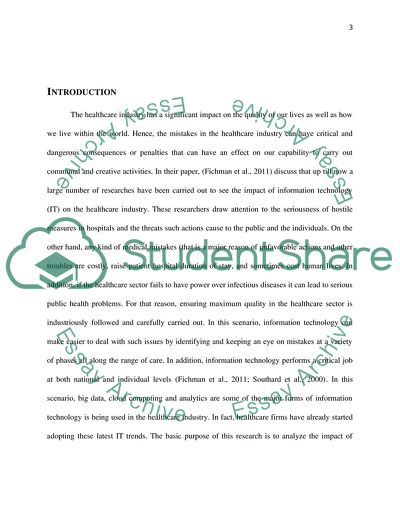Cite this document
(IT, Big Data & Healthcare Market - How Will Advances in Big Data, IT, Essay, n.d.)
IT, Big Data & Healthcare Market - How Will Advances in Big Data, IT, Essay. https://studentshare.org/information-technology/1794094-it-big-data-healthcare-market-how-will-advances-in-big-data-it-cloud-computing-and-analytics-impact-healthcare
IT, Big Data & Healthcare Market - How Will Advances in Big Data, IT, Essay. https://studentshare.org/information-technology/1794094-it-big-data-healthcare-market-how-will-advances-in-big-data-it-cloud-computing-and-analytics-impact-healthcare
(IT, Big Data & Healthcare Market - How Will Advances in Big Data, IT, Essay)
IT, Big Data & Healthcare Market - How Will Advances in Big Data, IT, Essay. https://studentshare.org/information-technology/1794094-it-big-data-healthcare-market-how-will-advances-in-big-data-it-cloud-computing-and-analytics-impact-healthcare.
IT, Big Data & Healthcare Market - How Will Advances in Big Data, IT, Essay. https://studentshare.org/information-technology/1794094-it-big-data-healthcare-market-how-will-advances-in-big-data-it-cloud-computing-and-analytics-impact-healthcare.
“IT, Big Data & Healthcare Market - How Will Advances in Big Data, IT, Essay”. https://studentshare.org/information-technology/1794094-it-big-data-healthcare-market-how-will-advances-in-big-data-it-cloud-computing-and-analytics-impact-healthcare.


